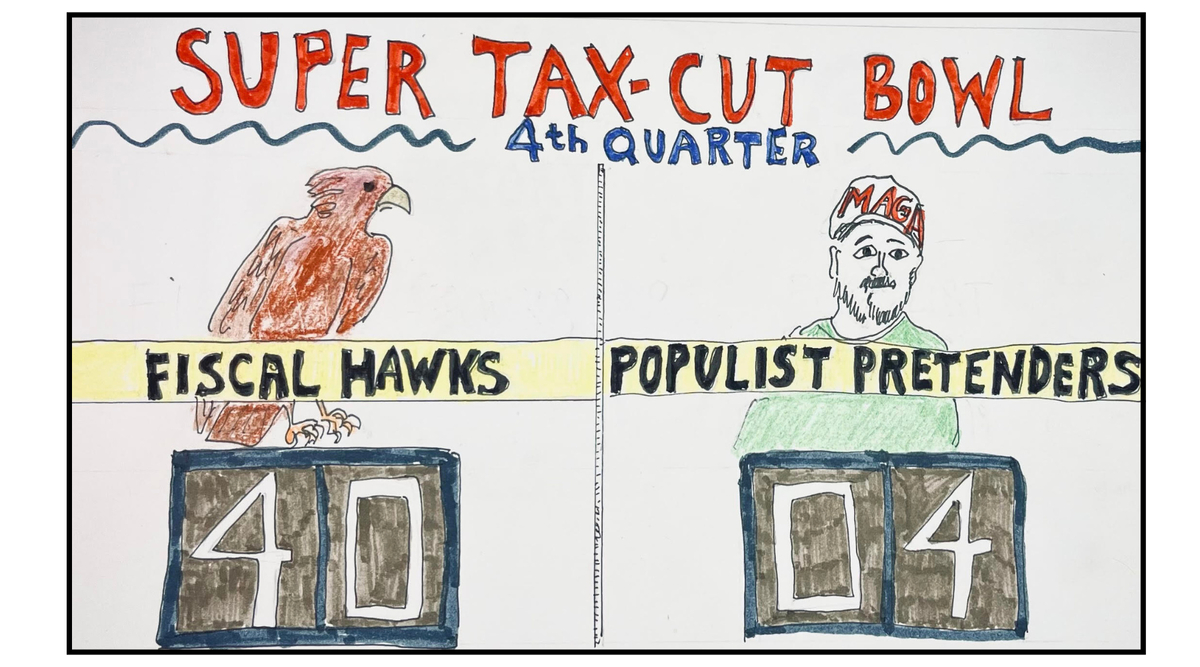Economics

Toward a Care-Centered Economy: The Road to Gender-Inclusive Growth
Unpaid care work is the invisible engine that sustains the economy, yet it remains systematically undervalued in mainstream analysis and public policy. When states invest in human capabilities, women’s labor force participation strengthens—rather than strains—economic growth. To build a more inclusive economy, we must recognize, support, and more equitably share care work—work that makes all other work possible.
Cooperatives and Care
The Revaluing Care in the Global Economy project hosts an online seminar on Cooperatives and Care, exploring the social and cultural role of cooperative organizations in revaluing care and labor. Wednesday, November 5, 2025 · 10:05–11:20 AM ET, online.
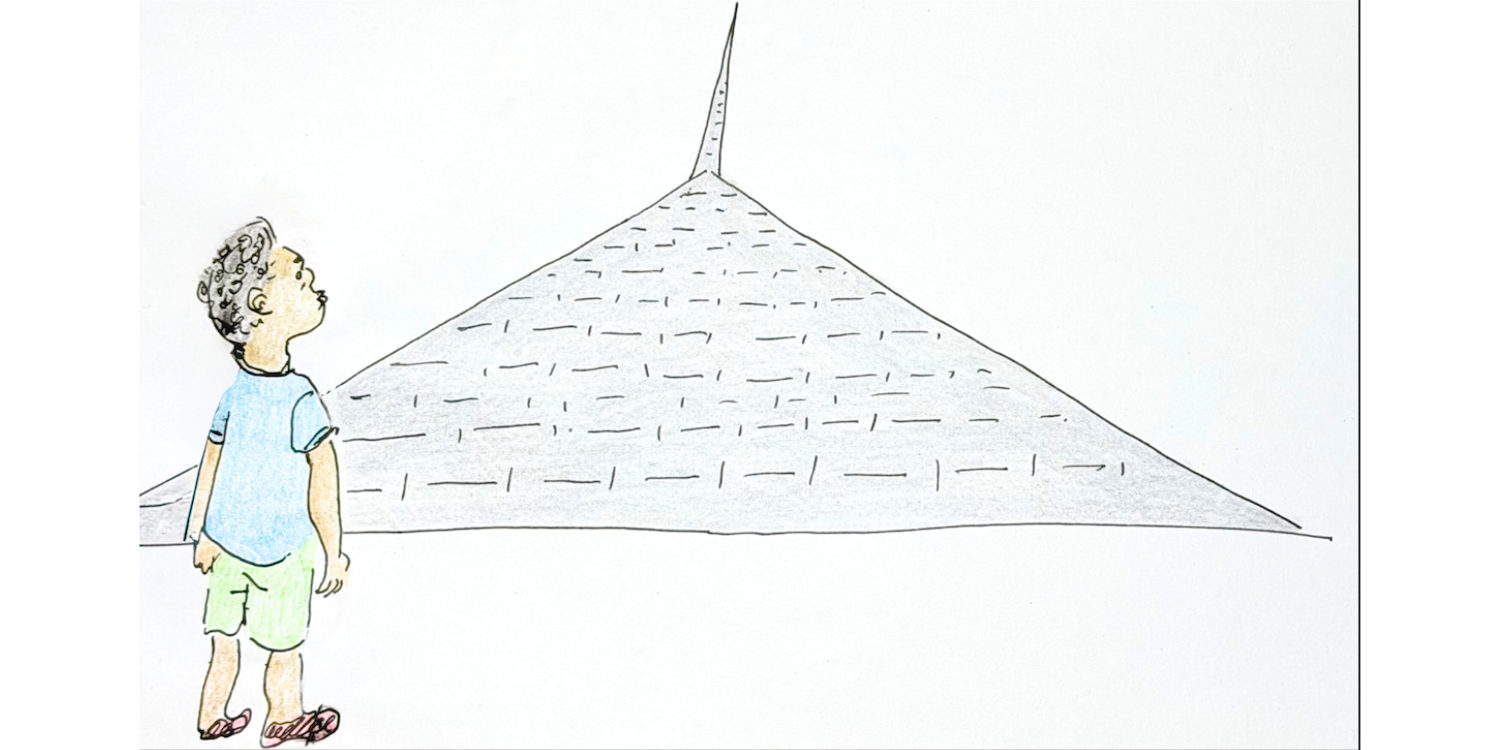
Taxing the Top
As the distribution of both wealth and income has become unequal, political efforts to tax the top to finance investment in public goods like childcare have gained traction.
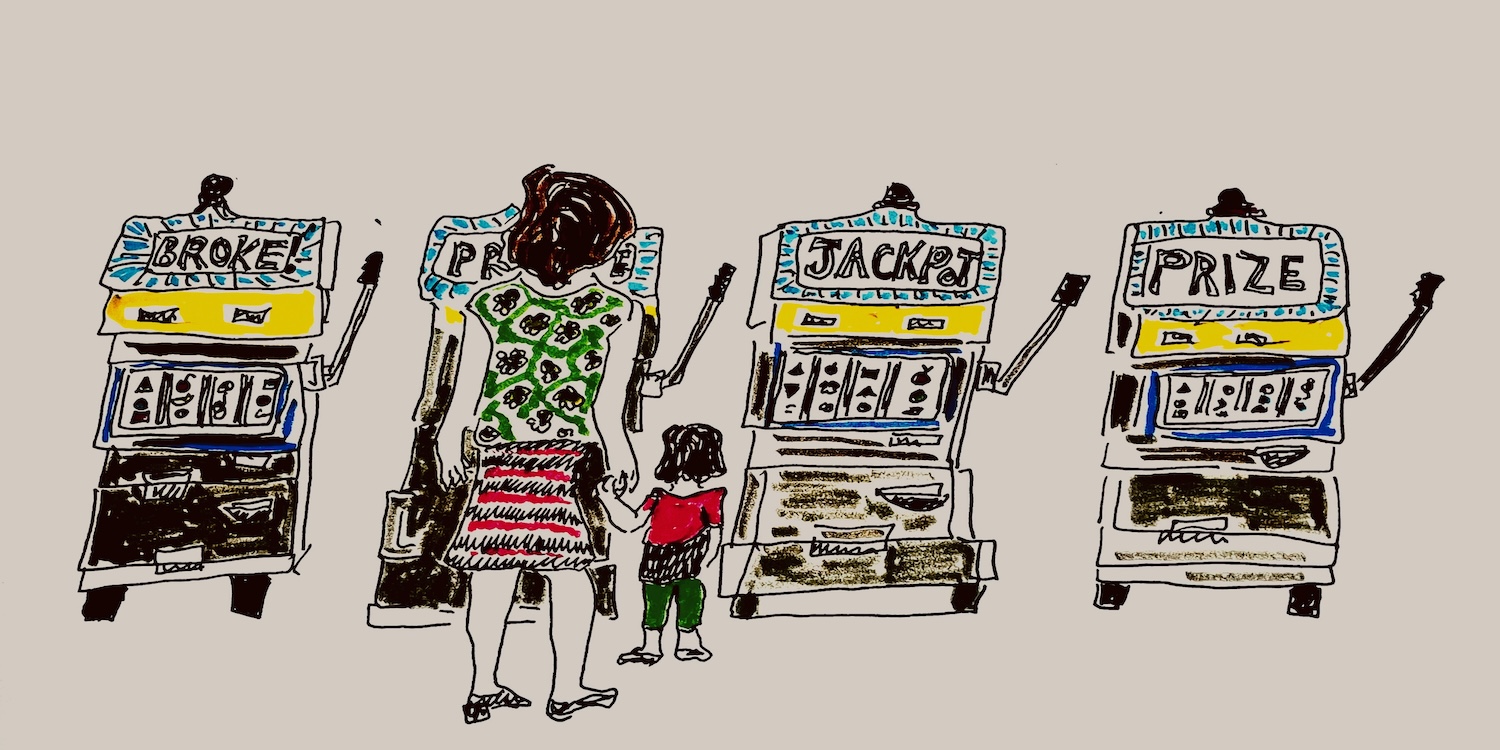
The Motherhood Gamble
While many mothers will enjoy adequate support from a partner, a considerable number are likely to pay a disproportionate share of the costs of raising children, putting their families at risk of poverty.

Beyond Choice: Why Economics Needs Reproductive Justice
What if the concept of “choice” in reproductive decisions is an economic illusion? The Reproductive Justice framework, created by women of color, argues that true autonomy is shaped by systemic inequality. It’s time for economics to adopt this powerful lens.

Back to the Future? Women’s Work and Care in Argentina
In Argentina, the Milei government’s austerity agenda has dismantled the fragile infrastructures that sustain everyday life. Cuts to care programs and gender institutions have shifted social reproduction back onto women’s unpaid labor. The article traces how this erosion of care undermines both equality and democracy.
Informal Care in Southern Europe
The Revaluing Care in the Global Economy project hosts an online seminar on Informal Care in Southern Europe, examining how gendered dynamics and occupational impacts shape the challenges of informal care in the region. Monday, October 20, 2025 · 10:05–11:20 AM ET, online.
Reproductive Justice and Economics
The Revaluing Care in the Global Economy project hosts an online seminar on Reproductive Justice and Economics, exploring how feminist economic frameworks can center reproductive justice as a core research paradigm. Wednesday, October 1, 2025 · 10:05–11:20 AM ET, online.
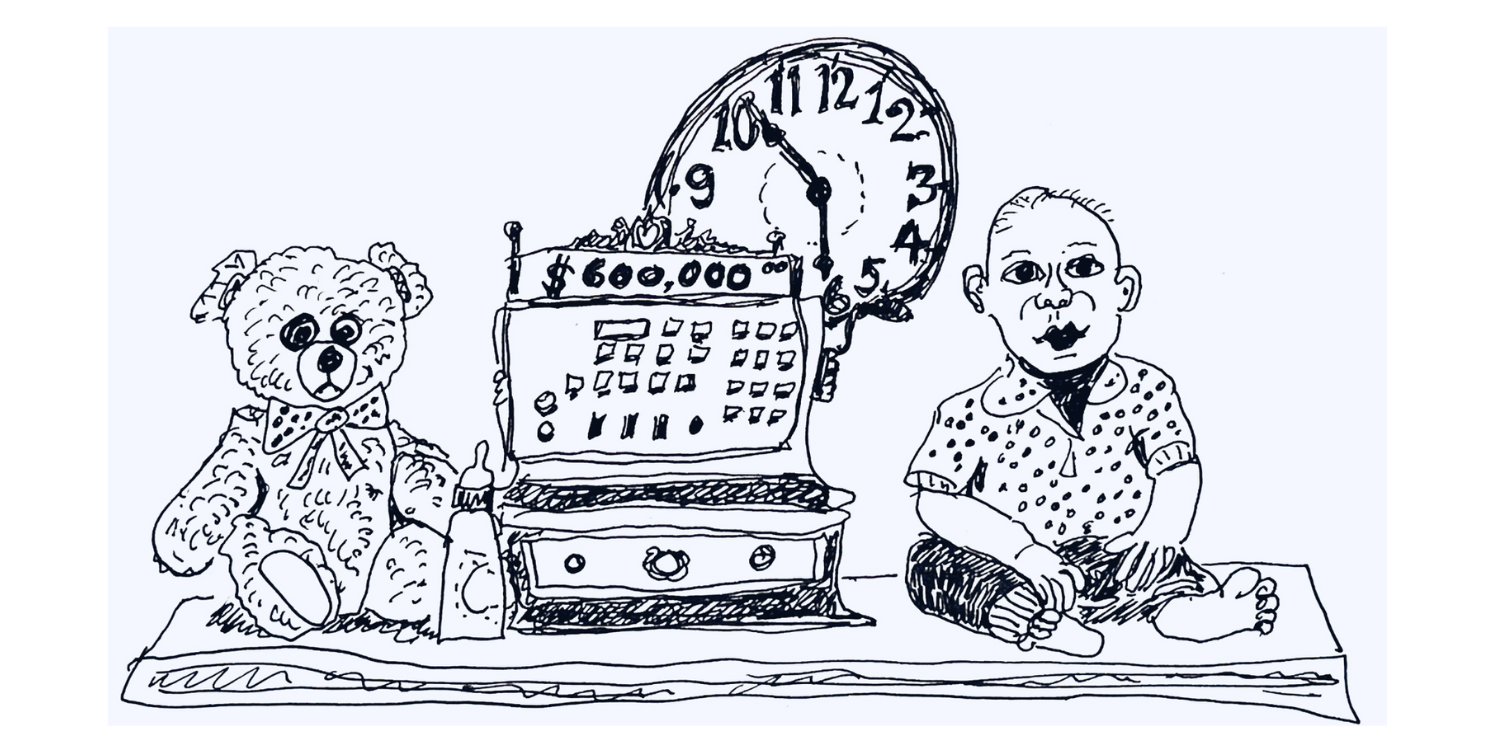
The Underestimated “Price of Parenting”
The private cost of raising children in the United States is at least twice as high as recent estimates suggest.
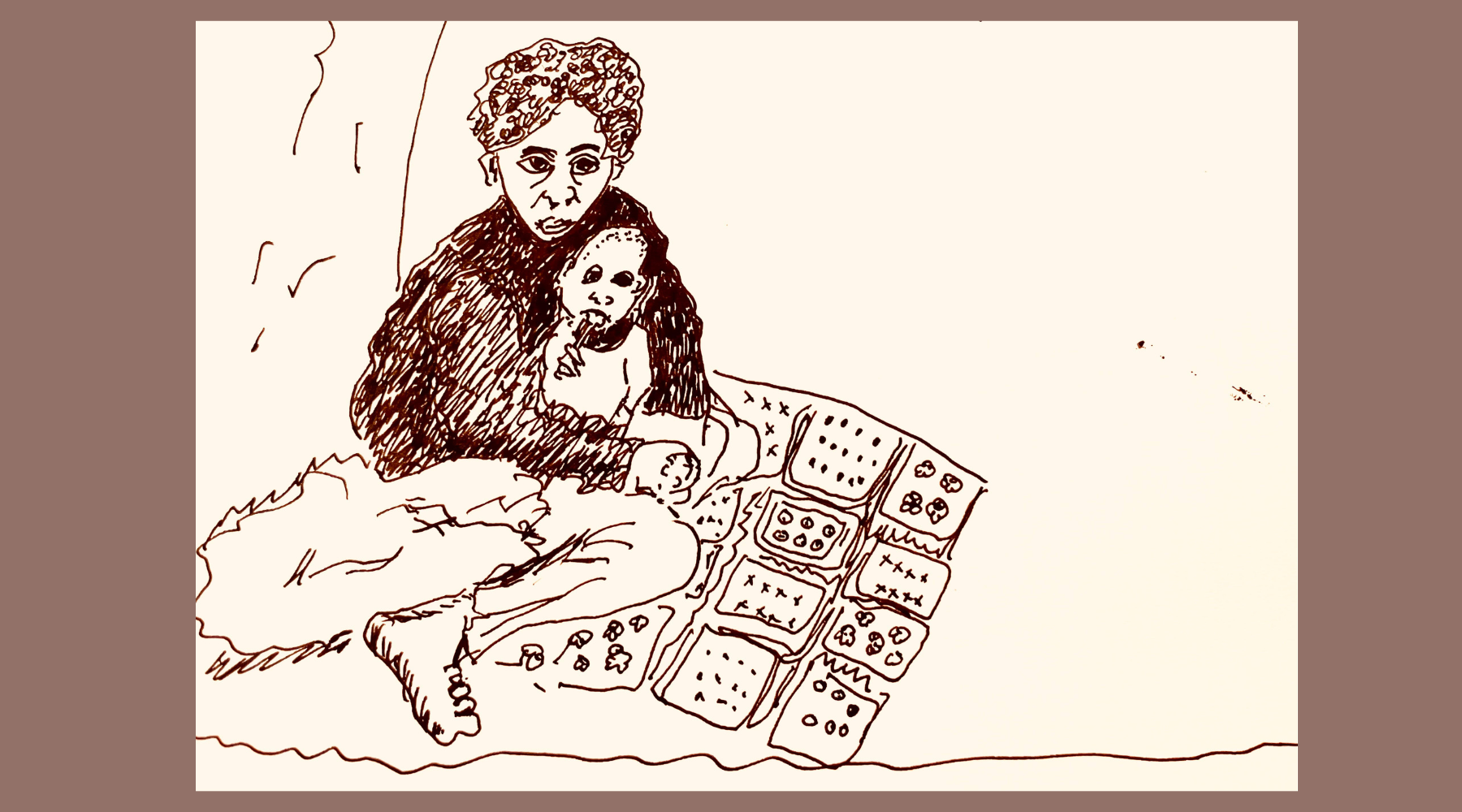
More Babies or Better Care for Newborns?
Pronatalists show remarkably little concern for the well-being of children already born—or their parents.

Medicaid Kayfabe: Fake Wrestling
A close look at the games Republicans played with their Big Bad Cuts to Medicaid.
